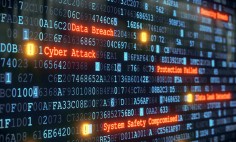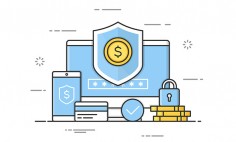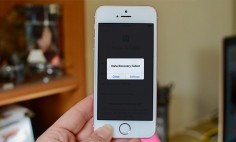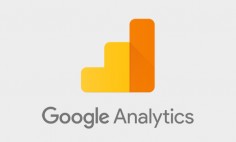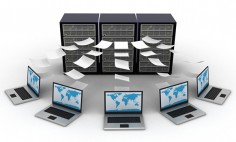Keeping your financial data, passwords, and other vital information safe and protected from outside intruders is a crucial priority for most businesses, but has recently extended to individuals as well.
Data security and privacy is a common concern among online users around the world. The increase of cyber threats and recent events of data breaches, which struck companies such as Facebook, Equifax, Home Depot, and countless others, have made users more worried about their data security. While hackers and cybercriminals have already posed a significant threat to users, it’s becoming more challenging to keep your data private when online. Now and then, there are threats and leaks where your information is compromised, and you end up paying for it dearly.
Now that you know the risks of being compromised online, it’s crucial to have some preventive measures to ensure your data is secure online. Here are the best tips to keep your digital data safe.
1. Create strong passwords.
While most online accounts and emails require you to have a password to access the account, you must create a strong password to secure your account. Avoid using one password for all your online accounts. To avoid forgetting the different passwords, you can get help from the best password management tools to create passwords for your other accounts. A password manager also offers a secure vault to keep all your passwords safe from hackers.
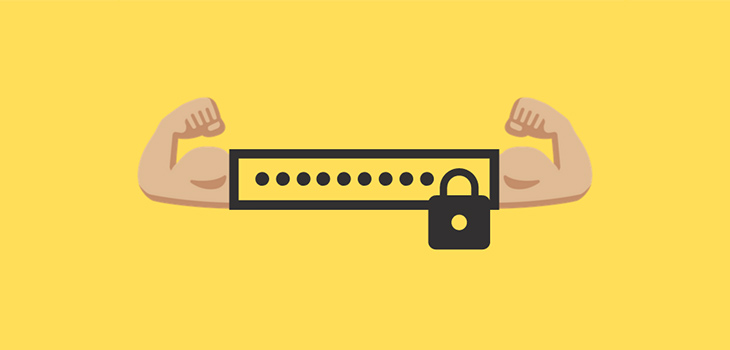
You can also use two-step authentication for your online accounts. Most social networks and bank accounts provide this option. Two-step authentication requires two steps when accessing your account – entering your password and entering a number only you can access.
2. Back up your data.
Always back up your files as often as possible. This preventive measure will help you recover your data in a malware attack, accidental deletion, or similar eventualities. You can do a data backup and save your files on external drives or upload your videos on DVDs using a fast and easy DVD burner.
Another alternative is to back up your data on cloud storage for better protection. Saving your files and data on the cloud enables you to access them from anywhere and makes it easy to share them with anyone. Ensure that while doing your backup, you keep it safe with a strong password and encryption services.
3. Avoid clicking on suspicious links and attachments.
Hackers usually send malicious links and attachments to dupe you into clicking on the links or opening the attachments. Once you open the attachments or click on these links, the malicious content will spread on your system and cause severe damage. Some of the links are phishing links, and can be used to steal your personal information like credit card details or login credentials.
To avoid this, you should scan all emails before opening them to prevent any suspicious activities. You can use products that are compatible with most antiviruses as a preventative security measure to use when scanning all incoming traffic and ensure all the links are safe, because it may be hard to do so manually for every email.
Also, when receiving suspicious emails with links – you could check the sender with the help of the Spokeo email lookup tool. The same you could do when receiving phone calls from unknown numbers – just run a phone number search.
4. Keep all your software up to date.
Outdated software may have security loopholes, and that’s where hackers may take advantage of accessing your data. Ensure that your software is updated because, with each update, it brings you security patches, bug fixes, and other vital features. You can install these updates manually by checking your system settings, or you can also set your system to receive regular updates automatically. This won’t only help keep your data private when browsing, but will also offer comprehensive security for your system.
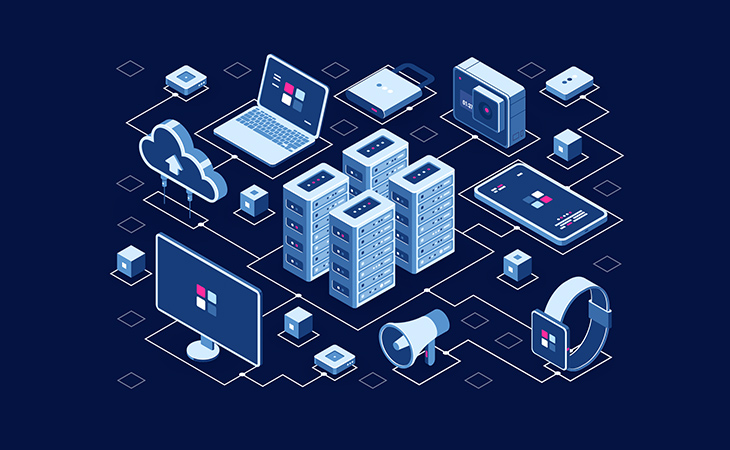
Don’t forget to update your antivirus software, which helps protect you from spyware, adware, ransomware, viruses, Trojans, and other malware threats. These tools won’t only help secure your data, but will also boost your PC performance tremendously.
5. Avoid using public or open Wi-Fi networks.
It may be tempting to log onto an open or public Wi-Fi network, but this may bring many security challenges and risks for you. Hackers can easily access your system with a small piece of malicious software. The best practice would be to use private or encrypted networks.
You should avoid performing sensitive tasks like online shopping or banking on public Wi-Fi. If you must use an open network, you can use a VPN, which acts like a bulletproof vest and will hide your digital footprint and keep your browsing and data secure.
